One of the greatest experiences of my life so far was teaching English abroad. My best friend from college was an English teacher in the Peace Corps, and I tagged along for her second year of service and met many young, enthusiastic teachers. So in this next post in my living abroad series, I’m excited to introduce you to a couple who are teaching in Ghana and getting ready to move to their third country. Ashley talks about why she and her husband have chosen to live as international teachers plus the challenges and joys of an unconventional life. As always, my hope in this series is to show that the American way of life is just one way and that there are so many options for people to experience other cultures. Thanks, Ashley, for showing us what life is like as a teacher in Ghana! (And check out her Instagram account–I love it!)
Ashley’s words: My husband and I live in Accra, Ghana. It’s our second time living on the continent of Africa and I feel like our life is only getting easier. We’re both international teachers and we love our job! We have 180 days/year of contact time with our students and the other 185 days are ours to travel how we see fit! We’ve been here three years now and, in that time, we’ve been able to travel to 13 new countries (and many more old ones!). For fun, I run the blog Abroad With Ashley documenting our travel experiences and what life is like as an expat. You can also find me on Instagram.
Deciding to move to Ghana:
This story begins in 2012 when my husband and I met in Washington DC the day before we moved to Ethiopia. We were complete strangers in a room full of 68 other complete strangers and these were the things we all had in common:
- We had all passed a criminal background check
- We had all passed a medical check
- We were all University educated
- We had all agreed to spend the next two years working and living in Ethiopia
- We were Peace Corps Volunteers!
If you’re going to pick a life partner, this is a pretty great checklist to have. He already had his teaching certification, so when we finished our service, it didn’t take long for us to decide to move back to Texas (his home state) to get me certified as well.
A year and a half later and the rest is, well, history. We attended the UNI Overseas Recruiting Faire in Iowa. We had a list of about 10 international schools we were interested in. We got interviews with none of them and then we had an incredible conversation with the Head of School here in Accra. It just felt right. That weekend we signed away our next two years and now we’ve been here for three!
On first impressions of life in Ghana:
We had the hardest time not comparing West Africa to East Africa: Ghana to Ethiopia. The city is duller, although that was an unfair comparison because we had both lived in rural areas in Ethiopia. The clothing is brighter and less conservative. The religion is less traditional and more in your face. The grocery stores contain foreign imports! Trash is still burned in the streets. We still have to haggle with taxis (and now we can wait on Ubers!). Our toilets are inside our apartment! Life goes on.
On the challenges of arriving in a new country:
Everyone struggles in their own way when moving to a new country. What do I need to pack? How will I find my way around? How long will it take to make new friends? Will I find a community? How good is the library? Ok…that last one might just be for us.
Most of our struggles concerned packing. Many international schools (at least in Africa & Asia) provide a shipping allowance. Between the two of us, we got $3,000 USD. However, we couldn’t find any shipping company willing to ship from Minnesota (my home state) to Ghana for less than $4,000. The problem was, we didn’t have enough stuff to ship. The more you ship, the cheaper it is “per item.” We couldn’t justify the cost, so everything we had purchased needed to be reevaluated, because we’d be putting it in suitcases instead.
Seven suitcases later (and some heartache at leaving our wooden hangers behind – we didn’t end up needing them), and we hoped we had everything we’d need for our new life in Accra.
Many of the other challenges newcomers face didn’t apply to us as teachers. Our principal met us at the airport and drove us to our apartment. It was provided by the school and contained all the basics: Furniture, essential cooking supplies, and a couple of bottles of bad wine for those first few nights. She took us shopping for other things we’d need, pointing out the best stores to go to. We had a built-in community of 30-or-so other new teachers who arrived at the same time we did. That number tripled a few days later when returning teachers arrived. And the best news, we quickly made friends with the school librarians and got to recommend new books to purchase.
Adjusting to cultural differences:
One of the first things we noticed about Ghana is its religious fervor. Ethiopia was a deeply religious country, but it was traditional (Orthodox Christian) and it didn’t affect day-to-day life. In Ghana, Christianity is larger than life. Services last for hours and there are whole weekends devoted to healing or the power of prayer. Sometimes, I even get bible messages texted to me by coworkers or my phone company.
Other cultural differences were less noticeable. Ghana moves at a much slower pace than the United States, but that was something we had already adjusted to while living in Ethiopia. Meetings never start on time and even after they’ve “begun” you have to catch each other up on any life changes before you can talk about why you’re actually meeting.
You’re supposed to greet everyone individually when you enter a room – my husband offended people for months before a coworker mentioned this to him! And we just found out why Ubers take so long to arrive! Many Ghanaians request Ubers when they decide to go somewhere. Then they get ready, gather their things, say their goodbyes. Because of this, Ubers usually take 10-15 minutes to arrive once you’ve requested one.
One fun difference? Ghanaian music is much better than Ethiopian music! We love listening to it as we drive around in the sticky heat.
A typical day in my life in Ghana:
Teaching at an international school is great! My husband and I usually wake up at 6:00 am to sunshine (the latest the sun ever rises in Ghana is 6:17). We have a leisurely morning: We get ready, eat a hot breakfast, make our lunches. Then, we walk across the street to work.
We’re at school by 7:30. Students start arriving and by 8:00 classes begin. I teach until 9:45 and then it is time for my second graders to have a snack. Our teaching assistant takes them outside to eat and play and everyone’s back by 10:15. I teach again until 12:30, when it’s time for lunch/recess. Once again, my teaching assistant takes them outside. Afterward, she transitions them to their two afternoon specials while I eat, have my team meetings, and plan my lessons. My class returns at 3:00 and we pack up before I take them out for dismissal.
Thanks to my teaching assistant I have no duties (other than dismissal) and I always have a partner to teach with, making stations and group work a breeze. We stay another 30 minutes, wrapping things up and preparing for the next day. I’m usually home by 4:00 pm.
After that, it depends on the day. Every day you can find my husband at the school’s gym, but it’s too hot for me to work out in Ghana! The most I can muster is community yoga on Wednesdays and Fridays! Other days, we read until dinner, watch an episode of TV we downloaded, and then read some more. Some nights we go out to eat (usually on the weekend – week night traffic is terrible!) or our neighbors come over for a drink.
We definitely lead a quiet life in Accra, but that suits our personalities just fine. In Texas we used to have an hour commute both ways and we appreciate the added leisure time we’re offered here. There’s also a much stronger emphasis on work/life balance.
What is challenging about Ghana:
We love the relaxed atmosphere in Ghana, but sometimes it has negative consequences. Like when the electricity goes out and our generator happens to run out of gas. Even though we live across the street from the school, it can still take hours to get it refilled.
Additionally, many buildings are built quickly with a lot of shortcuts taken. Meaning, although our apartment looks nice, we’ve spent the last three years struggling with sewage and electric issues. I can say, appreciatively, that we never have to deal with these struggles on our own, the school always intervenes.
But the biggest challenge for us is the weather. We, rather naively, thought of Accra as a “beach town” when we were moving here. And it’s true, Accra is located on the Atlantic Ocean. But this beach is also home to Agbogbloshie, a large e-waste dump, contaminating the locals who live near it and the water all around it.
And it’s not just that the water is unsuitable for swimming. We joke that Ghana has three seasons: Hot, hotter, and dusty. Technically, there is a rainy season, but we’re never around during the summer to experience it. When we arrive in August it’s hot and it just gets hotter until December arrives and the sands from the Sahara Desert come blowing down. Harmattan can last anywhere from a few weeks to a few months. When the sky clears again, it’s time for the real heat to begin. If you’re coming to visit Ghana, don’t come in March! As the heat increases, so does the humidity and it is not a pleasant experience.
My husband and I love being outdoors, but I always have to qualify that statement: We love being in manicured outdoor areas. Parks, gardens, hiking trails. Places we can breathe fresh air. That doesn’t really exist in Accra and we spend nearly all our time indoors. Luckily, teaching affords us tons of time off and we’ve spent summers in Switzerland and winters in South Africa (below) catching up on all the outdoor activities we’ve been denied.
Ashley’s tips for visiting Ghana:
Ghana doesn’t have as many cultural sites to see, like Ethiopia. And there aren’t as many animals as in Kenya or South Africa. But there’s plenty to keep you occupied for a few weeks. Despite living here for three years, there’s not a lot in the capital I would recommend, but there are interesting things to do in almost any direction.
West of Accra you’ll find Cape Coast and Elmina. Two cities home to infamous slave castles. Built in the 1600s, these forts were used to hold slaves before they were loaded onto ships and sold in the Americas. Horrific and informative at once, the tours are well done and give you a vivid view into past crimes committed against Ghanaians and the other people groups who lived in the region.
North of Accra (we went by plane!) you’ll find Mole National Park, Ghana’s largest wildlife refuge. This is nothing like what you’d find on a safari in eastern or southern Africa, but there are numerous birds, small mammals, and, my favorite, elephants! Plus, it’s home to Zaina Lodge, the most luxurious place we stayed in all of Ghana. Run by a fellow Returned Peace Corps Volunteer, you can make it as relaxing or adventurous as you want. We equally enjoyed tracking the elephants by truck & foot and watching them drink from the waterhole while sipping cocktails in the infinity pool.
East of Accra you’ll find the Volta region. Famous for Lake Volta and Wli Waterfalls. The accommodations are pretty basic, but the scenery is gorgeous and you can hike for days. A warning for swimmers, these waters are known to carry schistosomiasis, so take care or get tested afterward. The area is also known for its traditional kente cloth.
If you do find yourself in or around Accra, there are some interesting things to fill your time with. Like the Community Market (mostly for expats) at the Dubois Center the first Saturday of every month. You can also learn how glass beads are made (at TK beads and other shops) and one of my favorite activities was learning how to batik fabric with local designer, Esther.
Up next:
Do we think we’ll ever leave Ghana? Yes. In just a few months, in fact. The great thing about international teaching is the ability to live a transient life. We spent just over two years in Ethiopia and now it’s been three in Ghana. And no one in our community thinks that’s strange! This fall we accepted new positions at a school in Amman, Jordan and we’ll be moving there in August.
Somewhere, deep in the back of our minds, we’re looking for someplace to call home forever, but I don’t think that will happen anytime soon. For now, we’re enjoying getting to know new cultures and corners of the world. We can’t wait for our new adventure to begin!

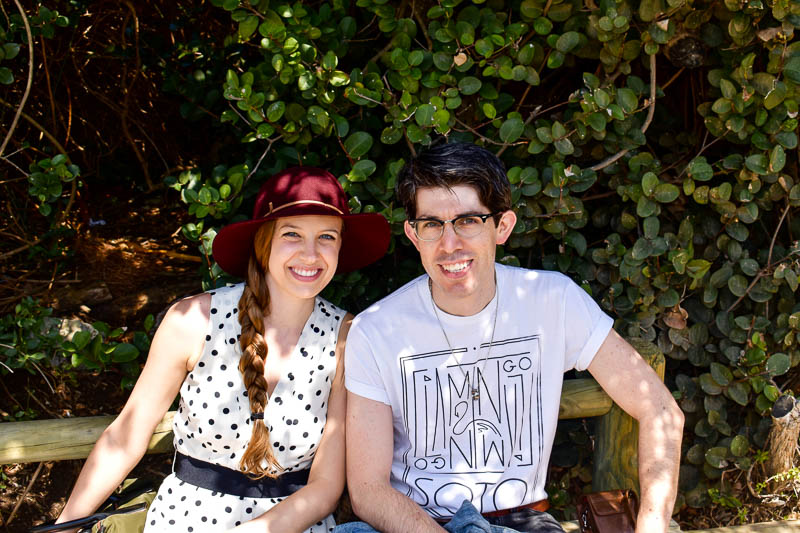
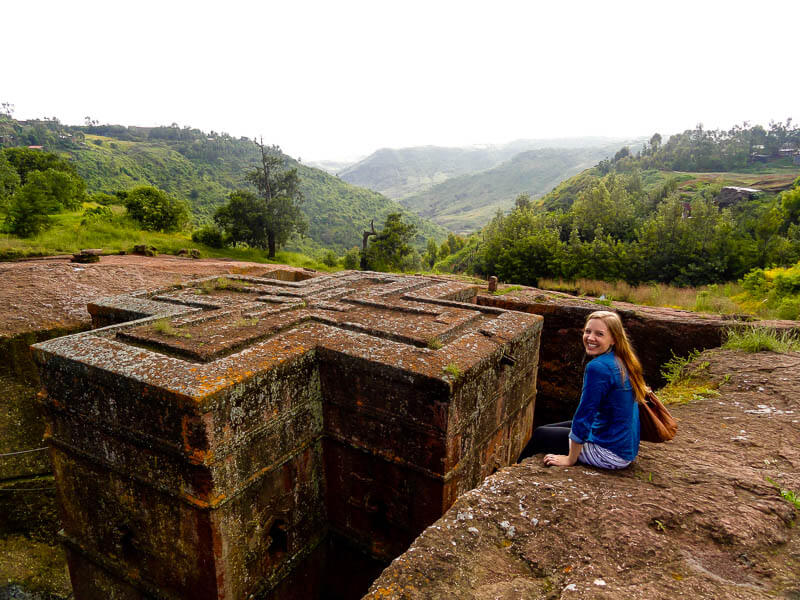
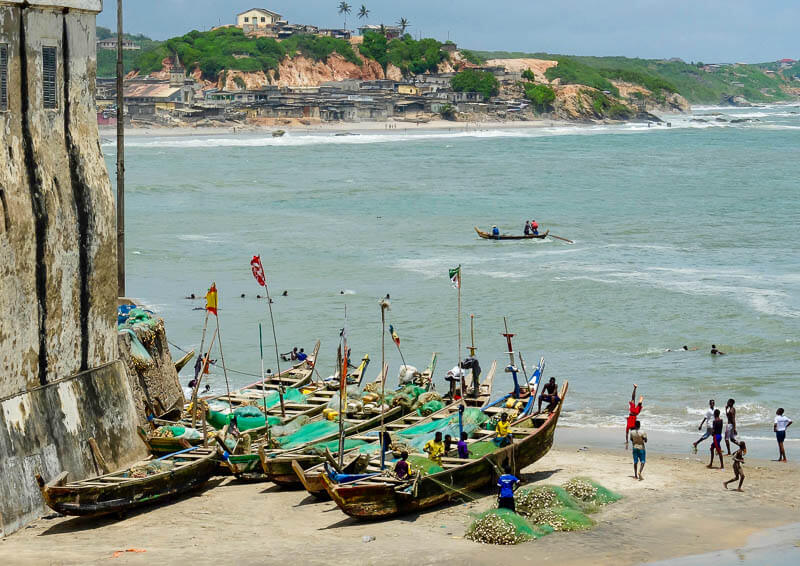
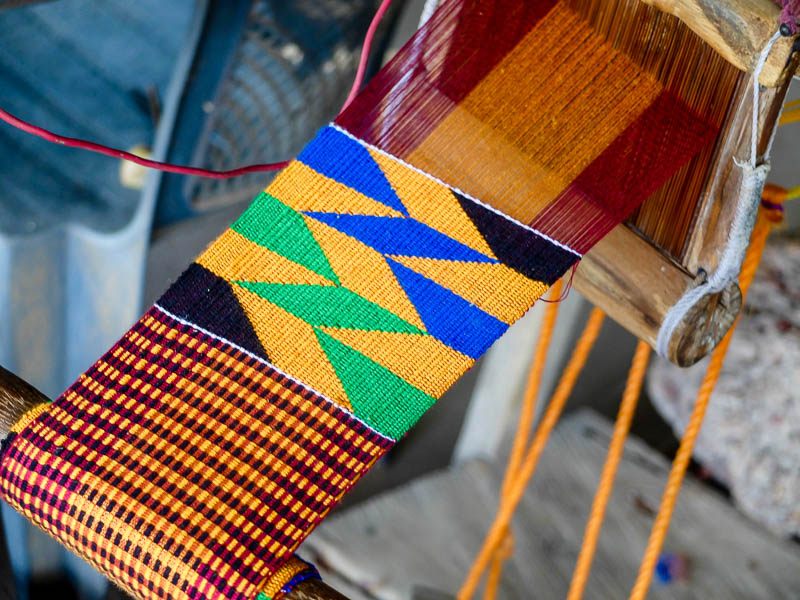
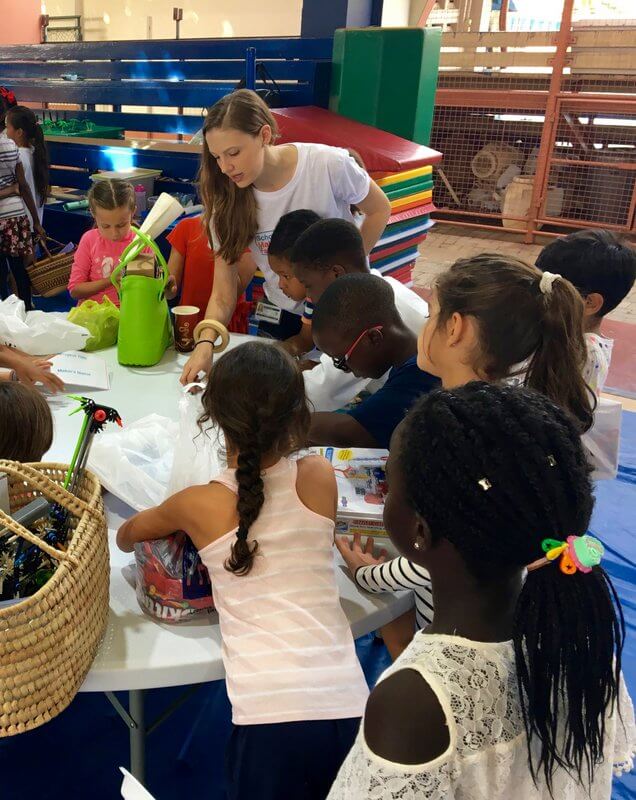
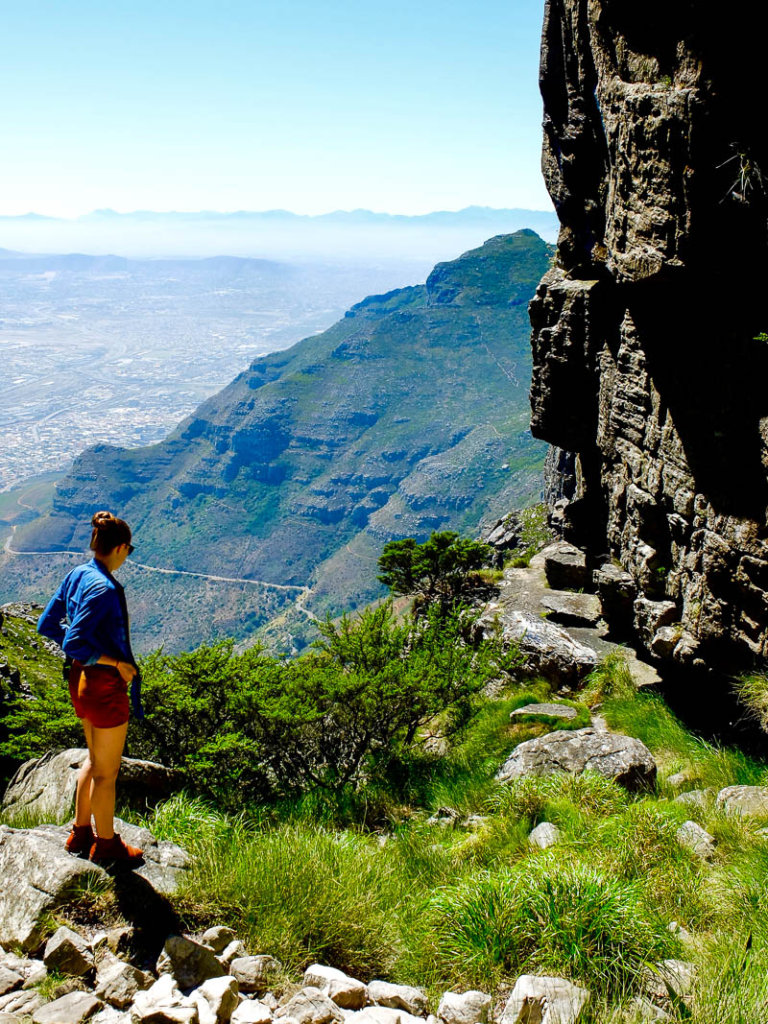
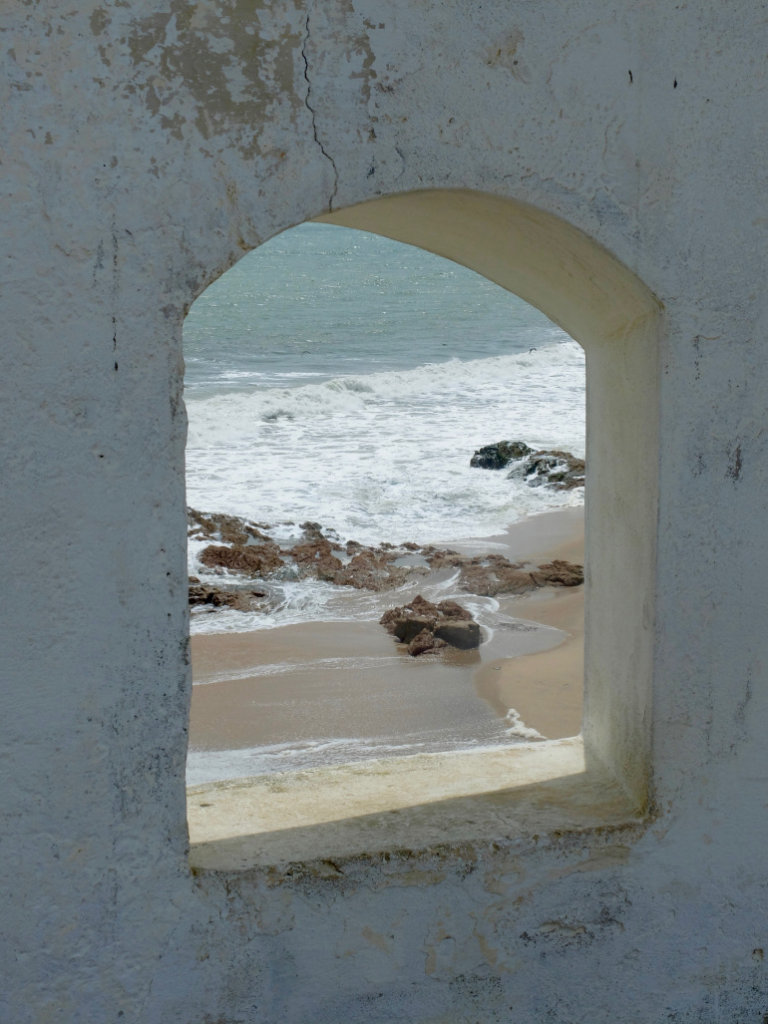
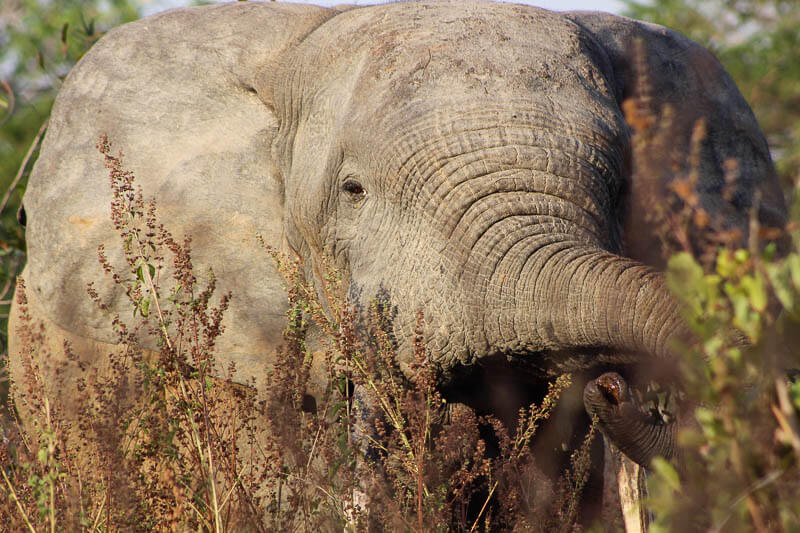
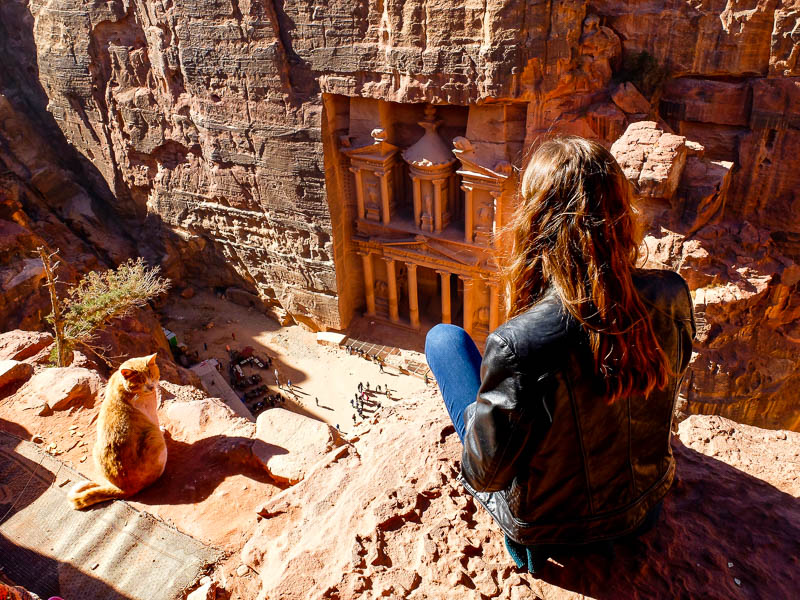
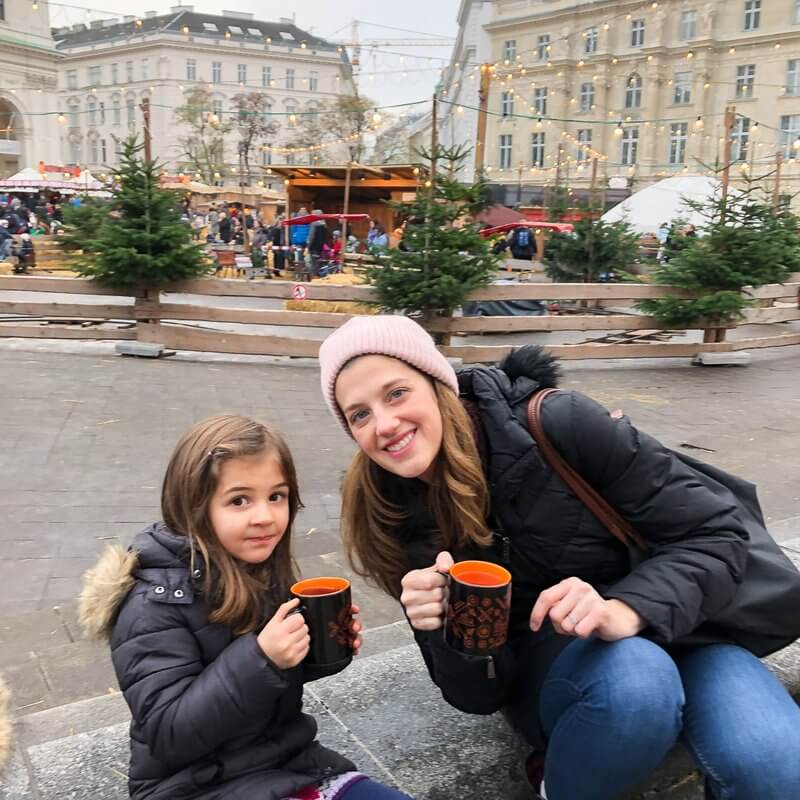

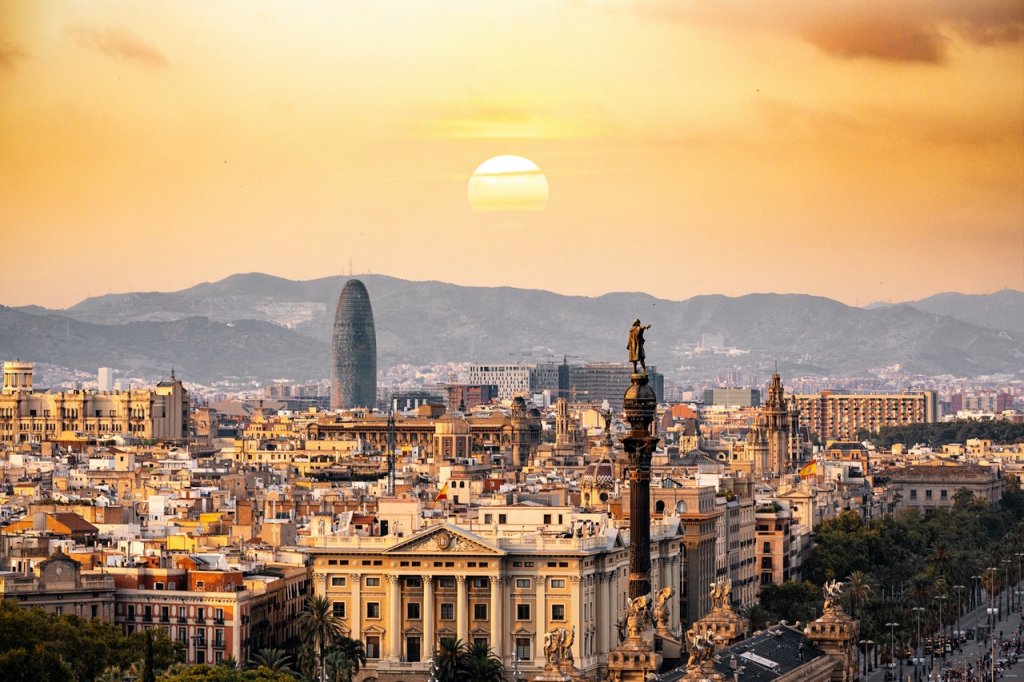
I have been to Ghana several times and love it as of course all of the things you have mentioned. I am curious though regarding more on the specifics needed to become an International teacher?
Hi Dakota, This is an interview, so please see the top of this article for how you can contact them (through a blog and/or social media). I don’t know specifics for Ghana, but most places require a TOEFL certification for teaching English overseas.